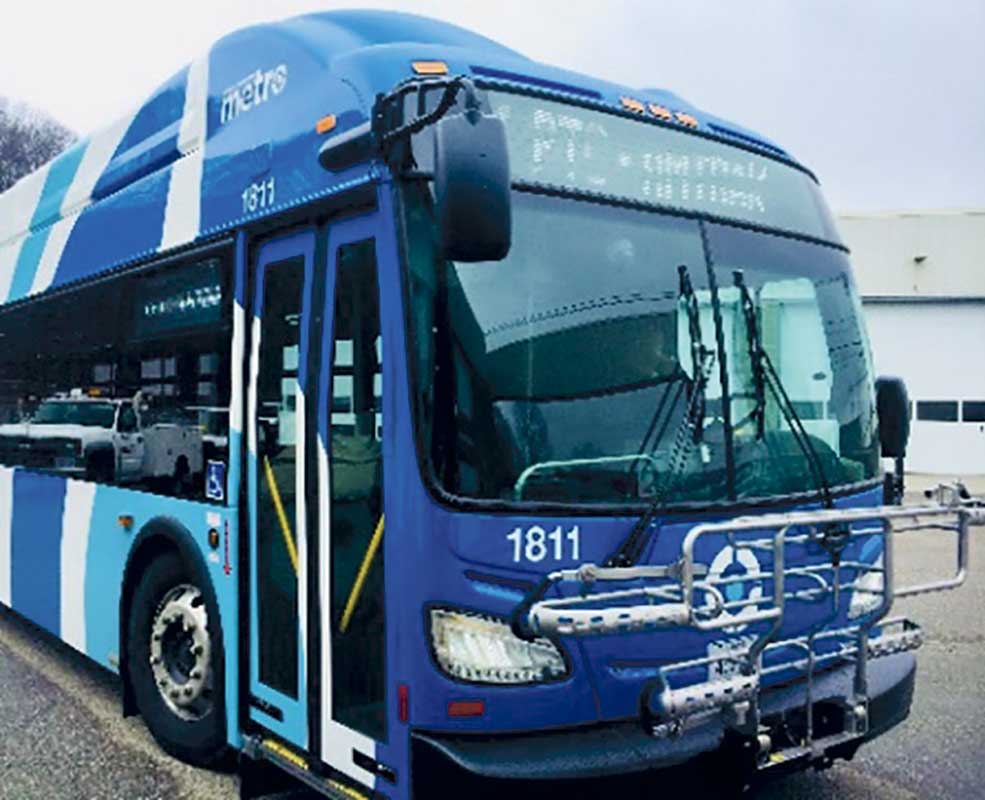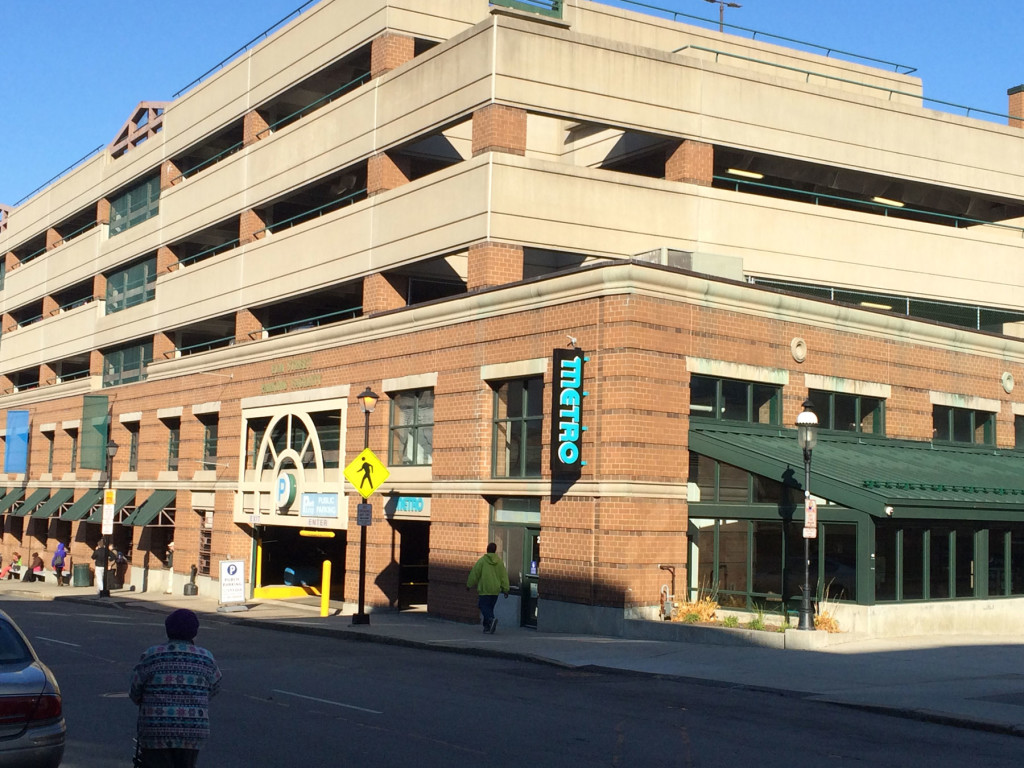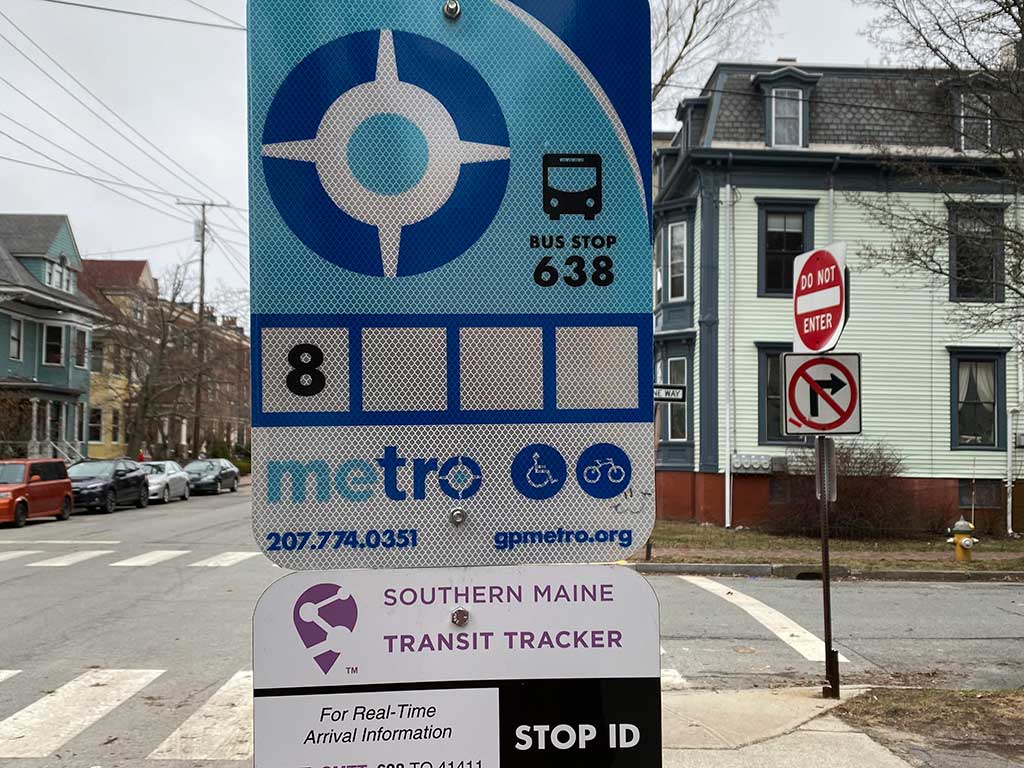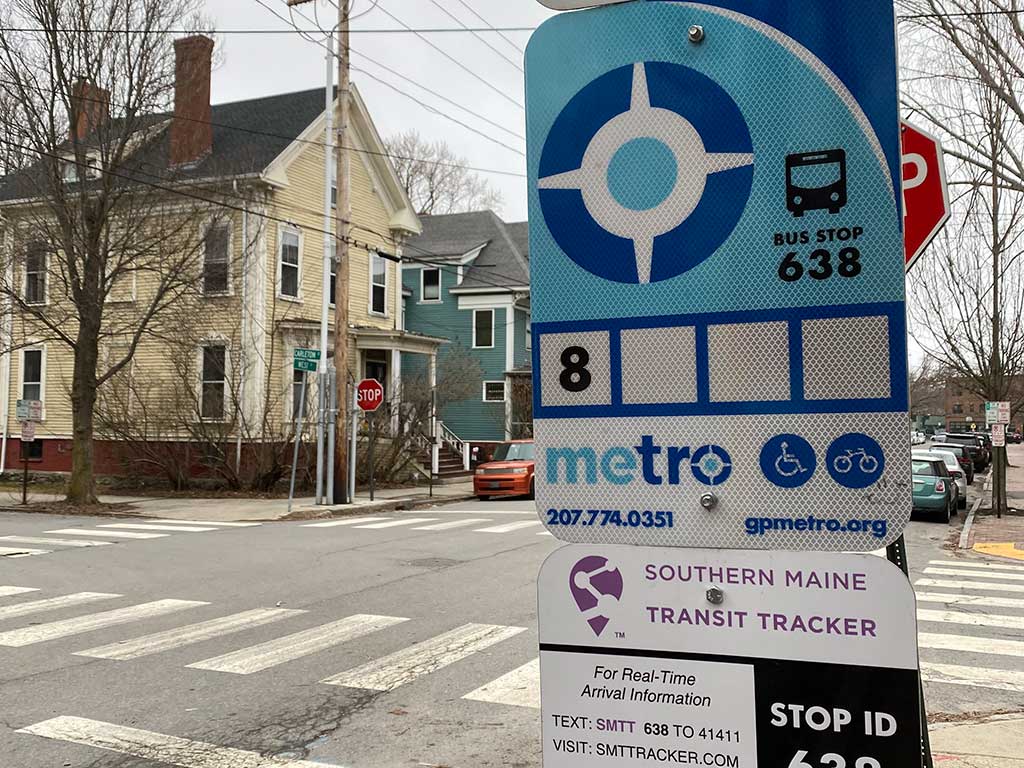METRO proposes higher fares along with new ways to pay and fare caps to create equity.
By Cameron Autry

The METRO board of directors postponed a vote on proposed fare increases and the rollout of a new electronic payment system. The vote, originally planned for April 25th, was rescheduled to May 23rd.
The proposal would raise fare cost from $1.50 to $2.00 per ride. If passed, it would mark the first time METRO increased fares since 2010. Additionally, the proposal calls for implementing the policy of fare capping, a form of prepaying for fares that addresses issues of equity within the current pricing model.
METRO FARE TOO LOW
According to METRO financial policy, at least 25% of funding for bus services must come from fare revenue, which is the industry standard. Currently for METRO that figure sits at 22%.
Also, METRO analyzed pricing for various public bus services throughout New England, finding that the current METRO fare of $1.50 ranks below the regional average of $1.67.
FARES GET SMART

New electronic payments systems are also part of the proposal. Bus riders would have the option to purchase a reusable smart card that they could register online and upload money with a credit card. The smart cards would be available for purchase in local supermarkets and retail stores that typically sell gift cards.
“Anywhere you can get a gift card, we want to have a METRO card there as well,” said METRO General Manager Greg Jordan at a public hearing on April 10th at the East End Community School.
Bus Riders would also have the option to download a mobile app that would allow them to pay for fares and access their tickets directly from a smartphone. The app would be available for Android and Apple. Passengers that prefer to pay with cash or that don’t have access to banking or smartphones would be able to purchase a smart card with cash at local retail outlets, and they would be able to use cash to load money onto the smart card in order to prepay for rides.
Any money left over on a passenger’s smart card or mobile app at the end of the month would rollover to the following month. Transfers would still be provided free of cost, so long as a passenger completes the transfer within 90 minutes of paying their first fare. The transfer window would be set at 120 minutes for BREEZ riders. Reduced fare and youth tickets would still be available.
SOME RIDERS LEFT OUT

METRO conducted a survey during January and February to identify what percentage of local bus riders have neither access to banking nor smartphones. After receiving roughly 500 responses, METRO determined that 89% of passengers have a smartphone and 86% have access to banking. However, 5% of survey respondents said they had neither a smartphone nor access to banking.
METRO’s Greg Jordan stressed that the results of the survey were not statistically significant, nonetheless yielded some valuable insight into how the new electronic payment systems would affect passengers.
FARE CAPPING
The proposal would also rollout a new fare capping policy. Simply put, fare capping means that METRO would no longer offer a discounted ten ride ticket or monthly pass, but instead extend the benefits of discounted fares to all bus riders by “capping” the fare costs a rider would have to pay.
This means that after a passenger has spent $6 in bus fares for one day, any additional bus trips would be free. Once a passenger has spent $60 within a month, any additional bus trips during that month would be free. For BREEZ riders, the daily fare cap would be set at $12 and the monthly cap at $120.

The purpose of fare capping is to address an equity issue within METRO’s fare pricing. Currently, only those who can afford to purchase a ten-ride ticket or monthly pass enjoy the benefits of discounted fares. In other words, the system rewards higher income passengers while forcing lower income passengers to pay higher bus fares. Fare capping is intended to level this disparity.
Cameron Autry is a freelance writer and the host of The Southern Maine Report podcast.





